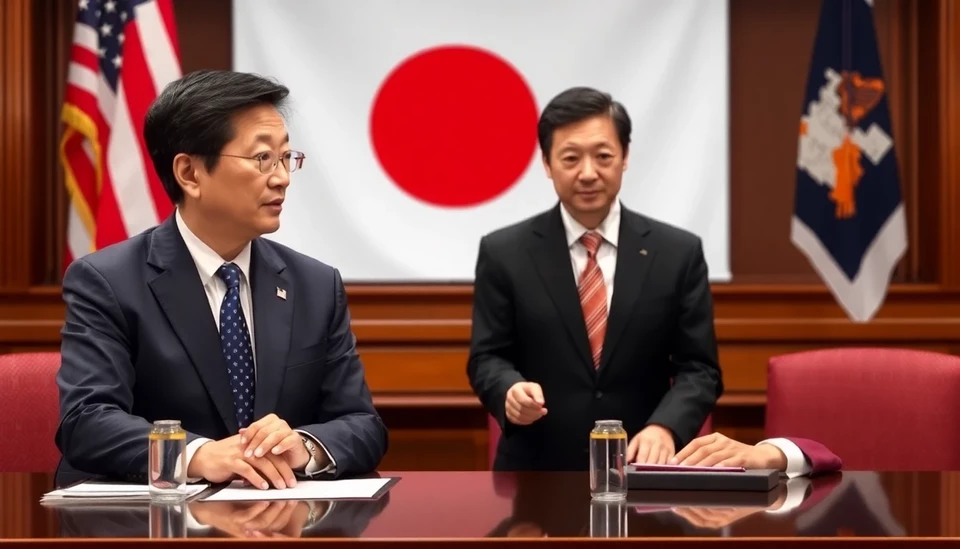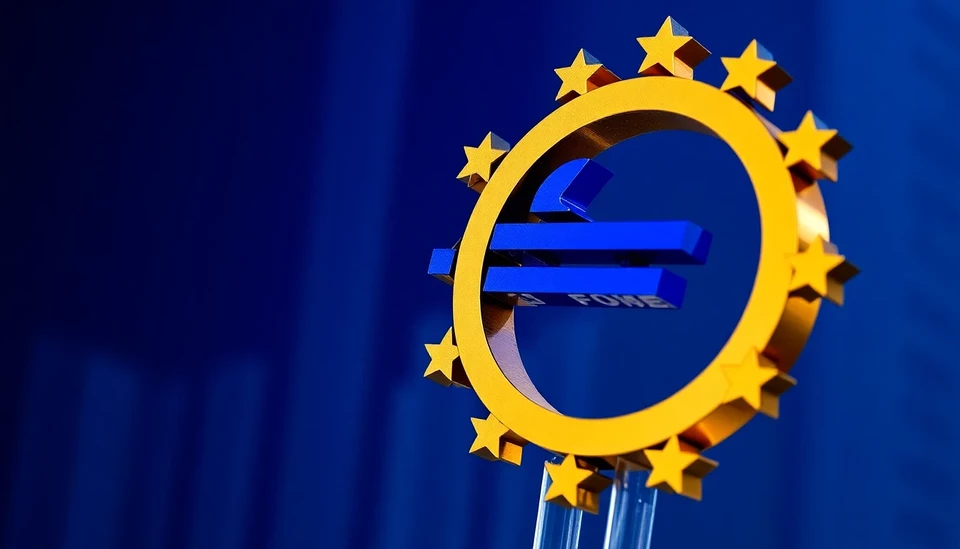
The Dollar's Slide: A Growing Concern for Corporate Earnings
In recent weeks, the U.S. dollar has been experiencing a notable decline, a trend that is causing alarm bells to ring for investors and corporate executives alike. This downward trajectory of the dollar not only indicates potential volatility in the financial markets but also raises significant concerns regarding the earnings outlook for many companies, especially those heavily reliant on international markets.
Continue reading
Japan's Kato Advocates for Consistency in US Currency Discussions by Referencing Existing Agreements
In a significant development within international economic dialogue, Japan's Deputy Prime Minister, Kato, emphasized the importance of grounding discussions with the United States on existing foreign exchange agreements. This move comes as global markets remain sensitive to currency fluctuations and their implications for trade relations.
Continue reading
Japan Trade Talks: No Currency Targets, Says Bessent
In a recent statement, prominent investor and market expert David Bessent emphasized that during the ongoing trade discussions between Japan and the U.S., there are no targets being set for currency valuation. This opinion comes amid increasing scrutiny over currency manipulation allegations and global trade stability.
Continue reading
Argentina's Peso Surprises Economists with Unexpected Strength Under Milei's Leadership
In a surprising turn of events, Argentina's peso has shown resilience against the U.S. dollar, defying many economists' predictions of continued decline. Since taking office, President Javier Milei has embarked on a radical economic reform agenda aimed at curtailing inflation, which has plagued the nation for years. The recent performance of the peso is sparking debate among financial analysts about the efficacy of Milei's policies and the overall economic direction of Argentina.
Continue reading
Washington D.C.'s Economy Faces Uncertainty as Musk's Doge Spending Cuts Loom
The economy of Washington D.C. is bracing for potential fallout as speculation mounts over billionaire Elon Musk's plans to cut spending related to his cryptocurrency initiatives, particularly involving Dogecoin. Musk's financial strategies and their implications have become a focal point for local businesses and economic analysts, igniting fears of a downturn in an already delicate economic landscape.
Continue reading
Indonesia Maintains Key Interest Rate to Support Rupiah Amid Economic Challenges
In a decisive move to bolster the Indonesian rupiah and navigate economic uncertainties, the Central Bank of Indonesia (Bank Indonesia) has opted to hold its key interest rate steady at 5.75%. This decision, announced on April 23, 2025, comes in response to a backdrop of financial stresses exacerbated by global economic conditions and inflationary pressures that have impacted the domestic currency's stability.
Continue reading
Elon Musk Announces Major Shift from Dogecoin Investments in May
In a surprising turn of events, billionaire entrepreneur Elon Musk has declared that he intends to significantly reduce his involvement with Dogecoin, the cryptocurrency that has gained immense popularity partly due to his outspoken support. During a recent statement, Musk shared that starting in May, he would be pulling back from actively promoting and investing in Dogecoin, which has sparked a flurry of reactions among the cryptocurrency community and beyond.
Continue reading
Barclays CEO Affirms Dollar's Status as Global Reserve Currency Amid Economic Shifts
In a recent interview, Barclays Chief Executive C.S. Venkatakrishnan expressed confidence that the US dollar will continue to maintain its status as the world's primary reserve currency. His comments come at a time when the global economic landscape is undergoing significant changes, including shifts in trade dynamics and the rise of alternative currencies.
Continue reading
The Euro's Potential to Emerge as a Leading Reserve Currency in the Future
In a recent statement that has stirred discussions within financial circles, Luis de Guindos, the European Central Bank’s Vice President, indicated that the euro might evolve into a prominent alternative reserve currency in the coming years. This assertion comes as global economic dynamics shift and the financial stability of the eurozone continues to be scrutinized amidst rising geopolitical tensions and economic uncertainties.
Continue reading
Argentex Shares Hit Hard as Tariff Turmoil Sparks Margin Call
In a stunning turn of events in the financial markets, Argentex Group PLC has announced the suspension of its shares following a tumultuous series of tariff-related incidents that triggered a critical margin call. The London-based foreign exchange trading firm, renowned for providing currency solutions for businesses, is now facing significant operational and financial challenges amid escalating tariffs and market volatility.
Continue reading